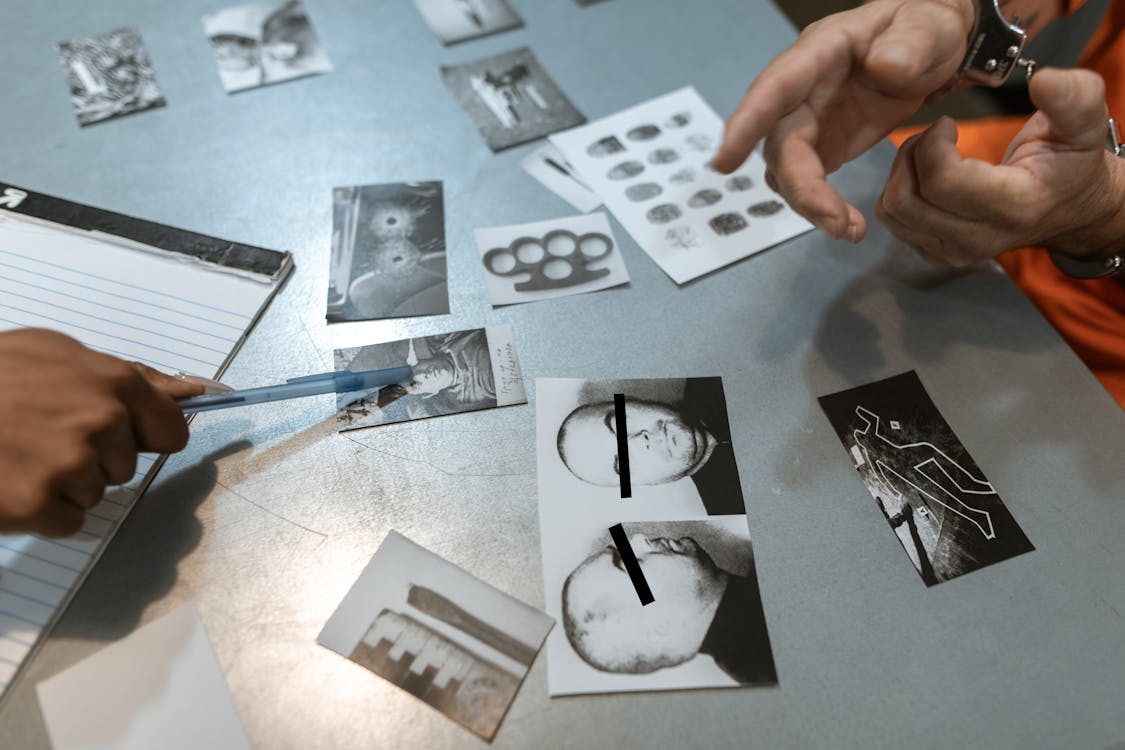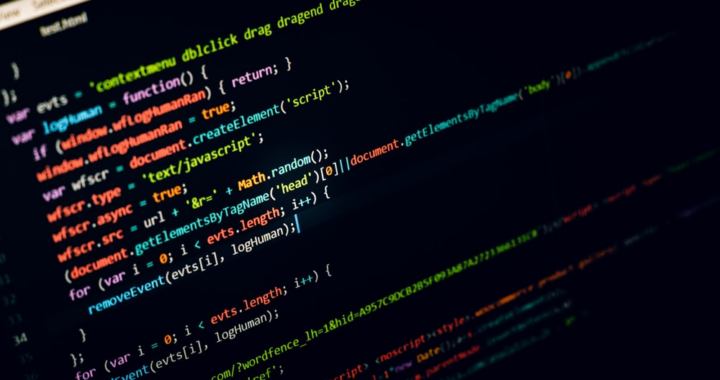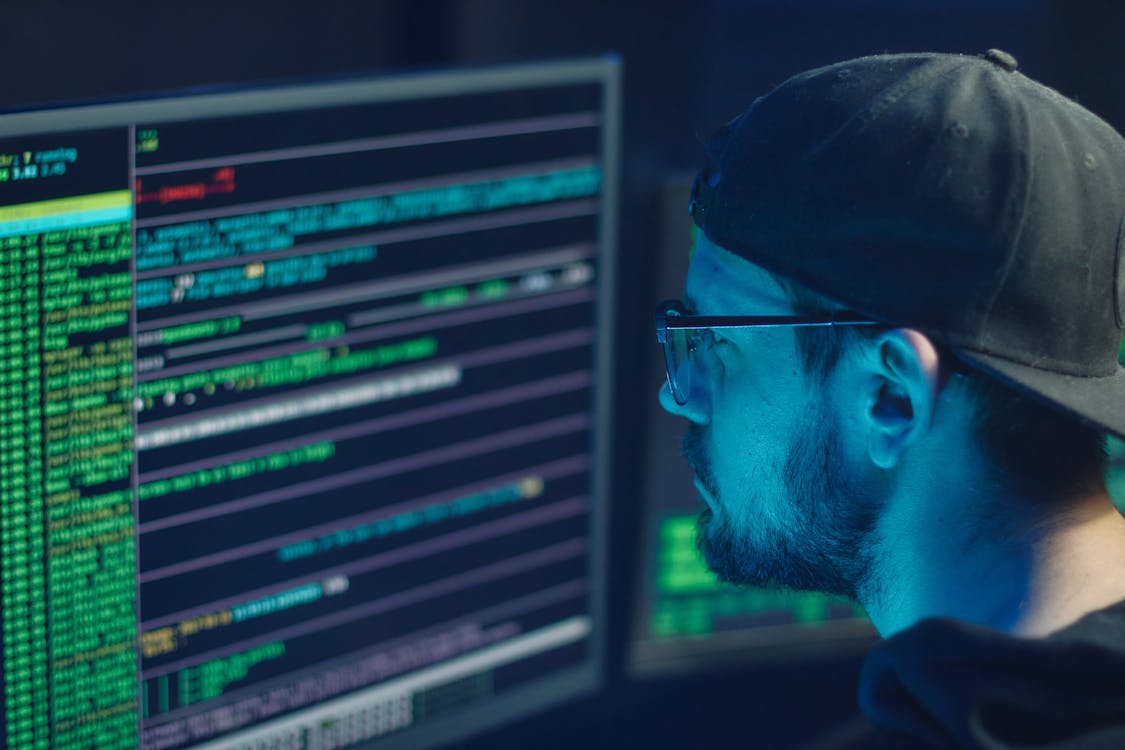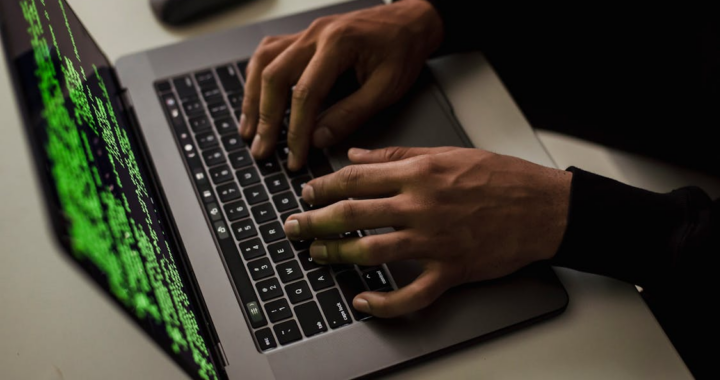In the exceedingly advanced world of digital forensics, file extraction in digital forensics is a crucial aspect of uncovering vital evidence. Whether it’s recovering files from a damaged hard drive, a corrupted mobile device, or a seemingly irreparable memory card, the ability to recover hidden data plays a pivotal role in investigations. As the digital age progresses, our reliance on electronic devices has grown, making them prime targets for crime, disputes, and legal matters. In such cases, the expertise of a data forensic expert becomes indispensable in recovering data that may otherwise remain inaccessible.
This article delves into the intricate process of file extraction, focusing on techniques used to retrieve data from damaged or corrupted devices. We’ll explore the tools, methods, and challenges involved, as well as the significance of digital forensic services in ensuring the integrity and security of the recovered information.
The Importance of File Extraction in Digital Forensics

When digital evidence is locked away within damaged or corrupted devices, investigators must turn to sophisticated techniques to access the hidden data. File extraction in digital forensics serves as the key to unlocking critical information from devices that seem to be beyond repair. In a forensic investigation, the recovery of hidden files can be the difference between solving a case and hitting an impasse.
The process of file extraction involves accessing and recovering files from a device or storage medium that may have sustained physical or logical damage. This can include anything from a cracked hard drive to a mobile device suffering from a corrupted file system. The success of file extraction in digital forensics depends heavily on the expertise of the forensic professionals performing the recovery. This is where a digital forensic consultant or a data forensic expert proves invaluable. Their in-depth knowledge of data recovery, coupled with the latest tools and techniques, ensures that even the most challenging data extraction scenarios are handled with precision.
Techniques for File Extraction from Damaged Devices

When it comes to file extraction in digital forensics, a variety of techniques are employed to retrieve data from seemingly damaged or corrupted devices. Below are some of the most common methods used by digital forensic experts to recover crucial evidence.
1. Disk Imaging
Disk imaging is one of the most powerful techniques in file extraction in digital forensics. It involves creating a bit-by-bit copy of the entire storage device, and preserving all the data, including any hidden or deleted files, system files, and metadata. This image allows forensic professionals to work with the data in a controlled environment, ensuring that the original device is not altered or damaged further during the analysis.
Disk imaging is particularly useful when dealing with damaged or failing devices. For example, a data forensic expert may use disk imaging tools to create a perfect replica of a hard drive that has suffered physical damage. This allows them to recover critical files, such as emails, documents, or multimedia, that may have been hidden or lost due to the damage.
2. Data Recovery Tools
When dealing with corrupted or formatted devices, data recovery tools come into play. These tools are designed to recover lost or deleted files by scanning the device’s file system and looking for remnants of data that can still be accessed. Specialized software can help digital forensic services recover files from devices that have been formatted, partially damaged, or corrupted by malware or other issues.
Data recovery tools can also be used to recover files from storage mediums such as SSDs (Solid State Drives), USB flash drives, and memory cards. The key advantage of using these tools is that they can often recover data that appears to be lost beyond repair, making them an indispensable tool in digital video forensics as well as other forensic fields.
3. Manual Recovery of Data
In cases where automated recovery tools are ineffective, manual recovery techniques can be employed. This often involves using specialized knowledge to locate data fragments or residual information left behind by the device. A data forensic expert may work through multiple layers of the device’s file system, searching for data blocks that are still intact, even if the file system structure is damaged.
In some cases, manual recovery can be combined with other techniques, such as disk imaging, to extract data from severely damaged devices. This method is time-consuming and requires an experienced digital forensic consultant to identify potential data remnants and reconstruct them into usable files.
4. Forensic Analysis of Cloud Storage
With the increasing reliance on cloud storage, forensic experts now need to focus on recovering data from cloud services. Files stored on cloud platforms may be lost or compromised if the user deletes them or if the cloud service experiences a breach. In these situations, file extraction in digital forensics extends beyond physical devices to include cloud-based evidence recovery.
Forensic consultants can analyze cloud storage logs and metadata to determine whether files have been deleted or tampered with. This can include looking at file access histories, sync logs, and audit trails. Additionally, digital forensic services can retrieve files from cloud-based services that may have been encrypted or hidden by malicious actors.
5. Data Carving
Data carving is another essential technique used in file extraction in digital forensics, especially when dealing with damaged or corrupted files. This technique involves searching through the raw data of a device and piecing together files based on known file signatures. It does not rely on the device’s file system but instead attempts to recover fragmented files based on their content.
Data carving can be particularly useful in recovering digital video forensics evidence, where video files might have been partially overwritten, corrupted, or deleted. By examining the raw data, forensic experts can reconstruct video footage, images, and other multimedia files, which can be crucial for legal investigations.
The Challenges of File Extraction from Damaged Devices

While file extraction in digital forensics is a powerful tool, it comes with its own set of challenges. These challenges include physical damage to devices, file system corruption, and the increasing sophistication of encryption methods. Let’s explore some of these obstacles in more detail:
1. Physical Damage to Devices
Physical damage to devices, such as broken hard drives or malfunctioning SSDs, can severely complicate the recovery process. In these cases, forensic professionals must employ specialized hardware and techniques to recover data, such as using clean room environments or advanced hardware repair tools. The physical nature of the damage can make recovery slow and costly, but with the right expertise, even physically damaged devices can yield valuable evidence.
2. File System Corruption
Corruption in the file system is another common issue encountered during file extraction in digital forensics. This can occur due to improper shutdowns, malware attacks, or software failures. When the file system is corrupted, the data may no longer be accessible through traditional means, but forensic experts can still retrieve it using advanced recovery techniques like data carving and disk imaging.
3. Encryption and Password Protection
Many devices and files are now encrypted to protect privacy and security. While encryption is a valuable tool for protecting sensitive information, it poses a significant challenge for digital forensic services. Without the decryption key, recovering encrypted files can be nearly impossible. Forensic experts may use techniques such as brute force attacks or cryptographic analysis to attempt to unlock encrypted devices, but this process can be time-consuming and may not always be successful.
4. Hidden and Deleted Files
Hidden or deleted files present another challenge in file extraction in digital forensics. While deleted files may not be immediately gone, they often become harder to recover as new data is written to the device. Forensic professionals rely on specialized software tools to locate and recover deleted files before they are permanently overwritten.
The Role of a Data Forensic Expert in File Extraction

The process of file extraction in digital forensics requires a high level of expertise. Data forensic experts are trained professionals with the skills to recover files from damaged, corrupted, or encrypted devices. They understand the intricacies of file systems, data recovery tools, and the legal and ethical considerations involved in handling digital evidence.
A digital forensic consultant is typically involved in guiding investigations, and ensuring that evidence is properly recovered, documented, and analyzed. They also play a key role in maintaining the integrity of the recovered data, ensuring that no alterations or tampering occur during the recovery process. The knowledge of a data forensic expert is critical when it comes to navigating the complex world of digital evidence.
Digital Video Forensics: Recovering Multimedia Evidence

Digital video forensics is a specific branch of digital forensics that focuses on recovering and analyzing video footage from various devices. This is particularly important in cases involving surveillance footage, security cameras, or personal devices like smartphones. File extraction in digital forensics plays a pivotal role in uncovering valuable video evidence, even when the files are corrupted or deleted.
By employing data carving, disk imaging, and specialized video recovery tools, forensic experts can recover footage that might have been lost or hidden. This footage can be critical in criminal investigations, civil disputes, or corporate matters where video evidence is necessary for building a case.
Trust Eclipse Forensics for Expert File Extraction Services
In conclusion, file extraction in digital forensics is a vital process for recovering hidden data from damaged, corrupted, or encrypted devices. Whether you’re dealing with physical damage, file system corruption, or hidden files, a data forensic expert is equipped to handle the complex challenges of data recovery. Digital forensic services provide the tools, techniques, and expertise necessary to uncover crucial evidence that could be key to solving a case.
At Eclipse Forensics, we specialize in providing cutting-edge digital forensic services for all types of digital evidence recovery. Our team of experienced digital forensic consultants is equipped with the latest tools and techniques to extract data from even the most challenging devices. Whether you need help with digital video forensics, recovering hidden files, or extracting evidence from a damaged device, we are here to assist you every step of the way.
Contact Eclipse Forensics today to learn more about our expert file extraction services and how we can assist with your digital forensics needs. Let our data forensic experts help you recover the evidence you need.




























